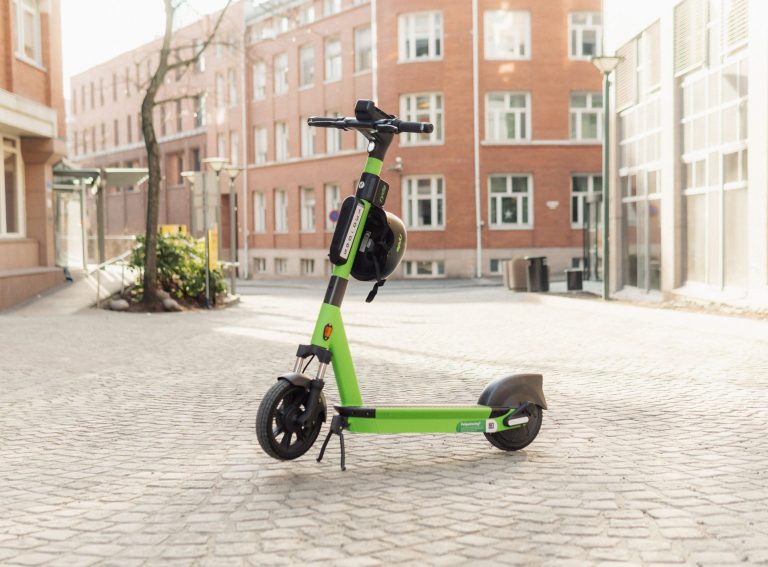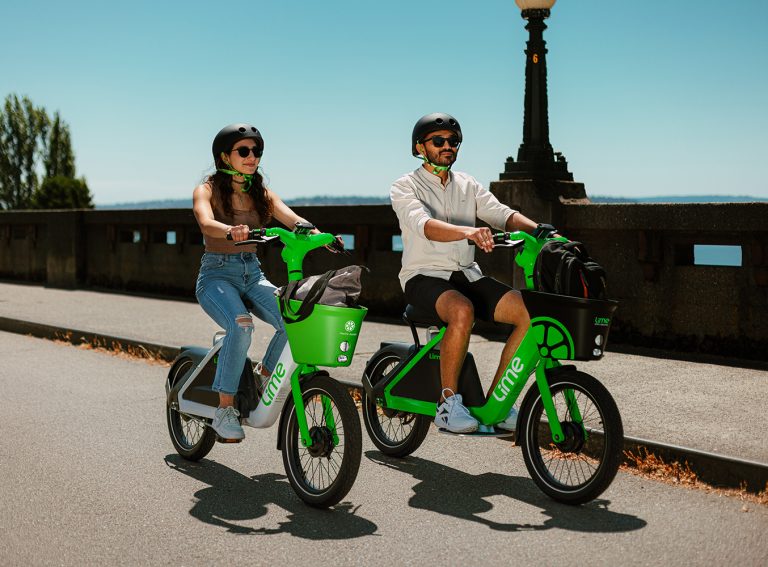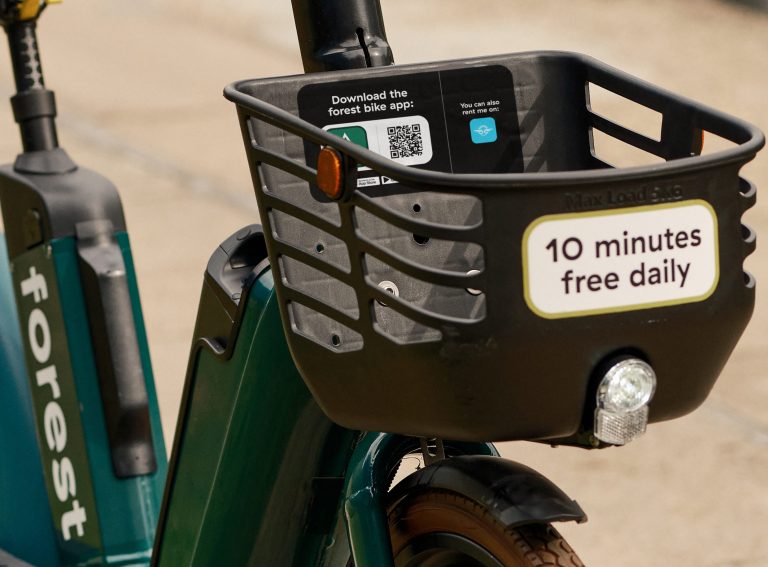Icelandic micromobility firm Hopp is aiming to become the first Mobility as a Service (MaaS) company to reach zero CO2 emissions per passenger kilometre.
Hopp is looking to ratify that its e-scooters emit 0 grams of CO2 per passenger kilometre, making riding a Hopp as environmentally friendly as walking.
Work began in early 2022 to calculate how much CO2 Hopp scooters release from initial manufacture through to end of service.
This list covers every element of the lifecycle; from sourcing materials, production of the scooters and batteries, shipping to their final destination, recycling and waste management to wider operational tasks undertaken by Hopp franchises.
The company found that its e-scooters emit between 25-35 g CO2e/pkm.
Though this still needs to be independently verified to ratify these emission calculations, Hopp will offset all CO2 emissions based on the higher margin of 35 g CO2e/pkm using carbon capturing.
Hopp Mobility’s CEO Eyþór Mani told Zag Daily that the strategy will compensate only what is unavoidable since Hopp has put forward a strategy to avoid all possible emissions.
“We accounted for emissions that we are not directly responsible for, but are there as a byproduct of our service,” said Mani.
“We started decreasing emissions in everything that we could, such as using only electric vehicles in our on-ground operations, switching to smaller vehicles to charge the batteries, using only e-scooters that last for three years or more. We are doing everything we can before we buy carbon credits to offset the rest.”
The company signed an agreement with the Icelandic Carbon Fund (ICF), which offers carbon offsets through tree planting in designated areas under a long-term contract carried out by local forestry associations and their accredited contractors.
Mani said the offsetting costs would not affect the company’s ride prices in any of their operations, which include eight European countries where they are franchised.
Expansion plans
Hopp is preparing to open new franchises in the Caribbean and the Middle East. New locations are also expected in Croatia, Italy, Hungary, Spain, Dominican Republic and Bahrain.
“We have been mostly focusing on Europe until now but recently started servicing inbound leads from everywhere,” said Mani. “No matter where you are in the world, we are willing to try and see if we can work together.”
The firm has recently received additional funding to expand its franchise strategy. Hopp’s software platform combines expert guidance and ongoing support to help franchisees manage their operations.
“The model is based on working with mid-sized towns, which don’t have robust public transportation infrastructure coupled with a long average walking distance,” said Mani. “We target cities where cars roll down the road and try to offer alternatives to local citizens.”




